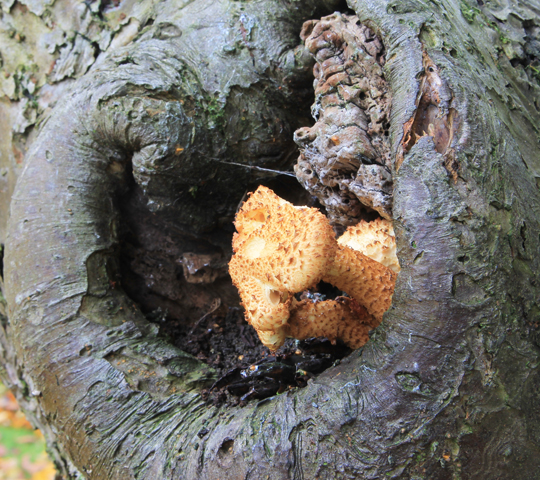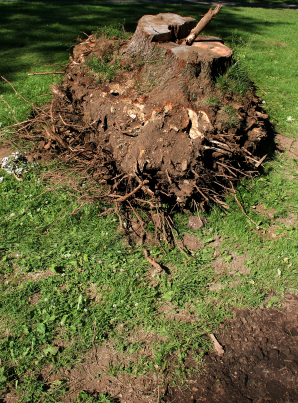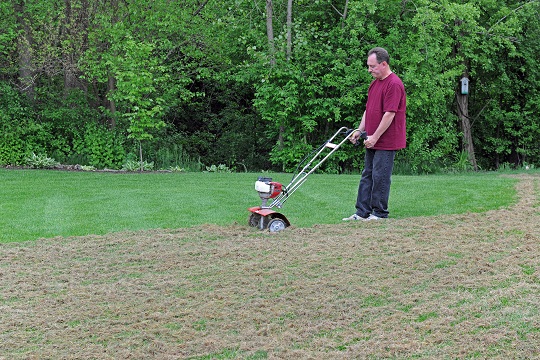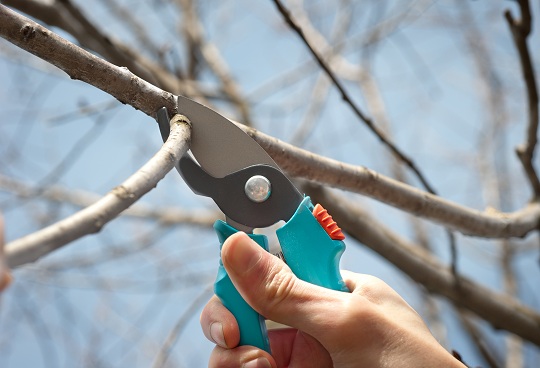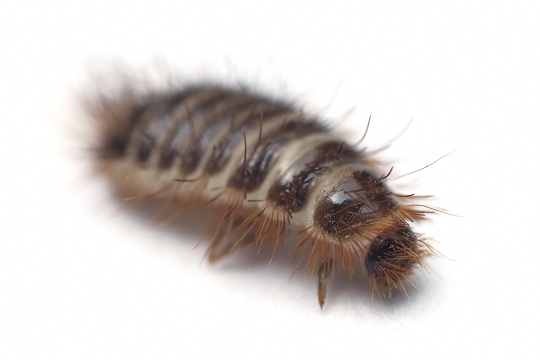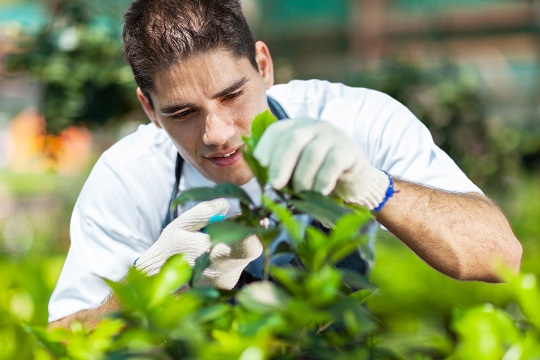You want your back yard to be beautiful, and trees offer that beauty along with relaxing shade in the summer time. But when you have a growth on your tree, you might worry: Will I have to cut this tree down, or will it go away? There are different types of malignant tree growths, but not all tree growths are deadly.
Different types of malignant tree growths include:
Galls: These growths come in various shapes and sizes. Some are very large, some small, some fuzzy or furry, and some are smooth to the touch. These are caused by infestation of different egg-laying bugs. They happen because your tree is reacting instinctively to protect itself from the different chemical changes that occur with an egg-laying insect. While the galls themselves may not be malignant, the bugs producing them could have a serious effect on your tree and may damage or kill it.
Burls: Although there isn’t much known about the roots of these growths, they are thought to be similar to galls. They can also come in various shapes and sizes, but they usually become pretty big. They can damage your tree and ultimately kill it. However, they don’t have to get that bad. If you discover a burl on your tree, you should not remove it; this would produce a large wound that would most likely become infected and kill the tree. Instead, you should prune the tree properly to avoid the burl’s growth.
Laurel Wilt: If you live in a warmer, more tropical climate, Laurel Wilt may just be your worst nightmare. This specific fungus has been killing Florida trees rapidly. It is brought to your trees by ambrosia beetles and it can kill them almost overnight. They block the tree’s capillaries, which prevents the water from getting through. There are fungicides that can prevent Laurel Wilt. If you think you live in an at-risk area, you may consider it.
Consult The Experts
These are just a few of the types of malignant tree growths most commonly found, but there are a great many more fungi that could infect your tree. If you need help with your lawn care or trees, TalkLocal can connect you with qualified professionals in your area that can help.

